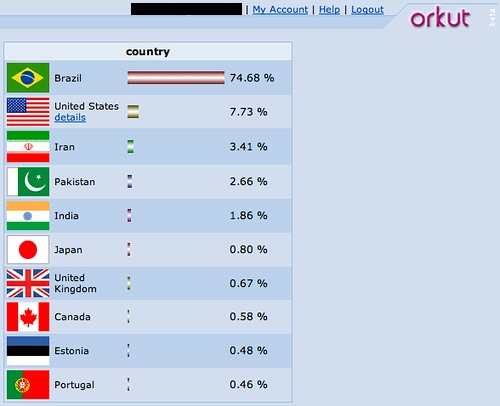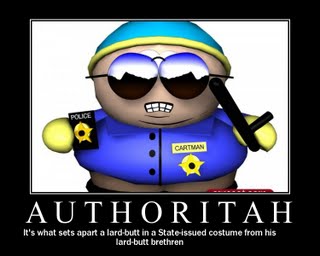Section 230 of the Communications Decency Act.
Section 230
Free Speech Savior or Shield for Scoundrels? An Empirical Study of Intermediary Immunity Under Section 230
T&J Towing v. Kurtz: We've Got The Court Documents
Copyright 2007-25 Digital Media Law Project and respective authors. Except where otherwise noted,
content on this site is licensed under a Creative Commons Attribution-Noncommercial-ShareAlike 3.0 License: Details.
Use of this site is pursuant to our Terms of Use and Privacy Notice.
content on this site is licensed under a Creative Commons Attribution-Noncommercial-ShareAlike 3.0 License: Details.
Use of this site is pursuant to our Terms of Use and Privacy Notice.


 Last Monday, the New York Times ran an
Last Monday, the New York Times ran an 
 I've no doubt that CMLP blog readers, fellow netizens that you are, are well aware of an Italian court's conviction last week of three Google executives for invasion of privacy of an Italian teenager.
I've no doubt that CMLP blog readers, fellow netizens that you are, are well aware of an Italian court's conviction last week of three Google executives for invasion of privacy of an Italian teenager.
 I understand you're upset, Philadelphia. Plans for a "flash mob" snowball fight last week got
I understand you're upset, Philadelphia. Plans for a "flash mob" snowball fight last week got  Just over a year ago, the rumormonger—and some would say defamatory—website
Just over a year ago, the rumormonger—and some would say defamatory—website  [A]ll it takes to kill a show forever, is to get one episode pulled. If we convince the network to pull this episode for the sake of Muslims, then the Catholics can demand a show they don't like get pulled . . . and so on and so on, until Family Guy is no more - it's exactly what happened to Laverne & Shirley.-
[A]ll it takes to kill a show forever, is to get one episode pulled. If we convince the network to pull this episode for the sake of Muslims, then the Catholics can demand a show they don't like get pulled . . . and so on and so on, until Family Guy is no more - it's exactly what happened to Laverne & Shirley.- 
Description:
Glenn Reit, a Manhattan dentist, sued Yelp! and John Doe (Michael S.) for defamation and Yelp! for deceptive acts and practices under New York’s General Business Law § 349 and § 350.
According to his complaint, as of May 2009, Dr. Reit's Yelp page had 11 reviews: 10 favorable and 1 negative review from a user named "Michael S." Dr. Reit alleges the Michael S. posting was defamatory because it included "statements that his office is 'small,' 'old' and 'smelly,' and 'the equipment is old and dirty.' Dr. Reit alleges that Michael S.'s post caused him to lose 5-11 calls per day.
When Dr. Reit complained to Yelp about the review, he claims that Yelp removed all of the positive reviews and kept only Michael S.'s post. Eventually, that post was removed too. Dr. Reit argues that Yelp removed the positive posts as part of Yelp's alleged scheme to get business owners to pay for advertising.
In addition to monetary damages, Dr. Reit sought an order requiring Yelp to delete all references to him and his dental practice from Yelp.com. The court initial granted a temporary restraining order, but ultimately dismissed the claims against Yelp based on Section 230 of the Communications Decency Act.
The defamation claim against Michael S. remains pending.
Update:
10/25/2010 - Defendant Michael S. filed a Petition to Quash Out-of-State Sub Duces Tecum and Request for Sanctions in the Superior Court of the State of California, County of San Francisco
11/22/2010 - Plaintiff filed Opposition to the Petition and Request for Sanctions